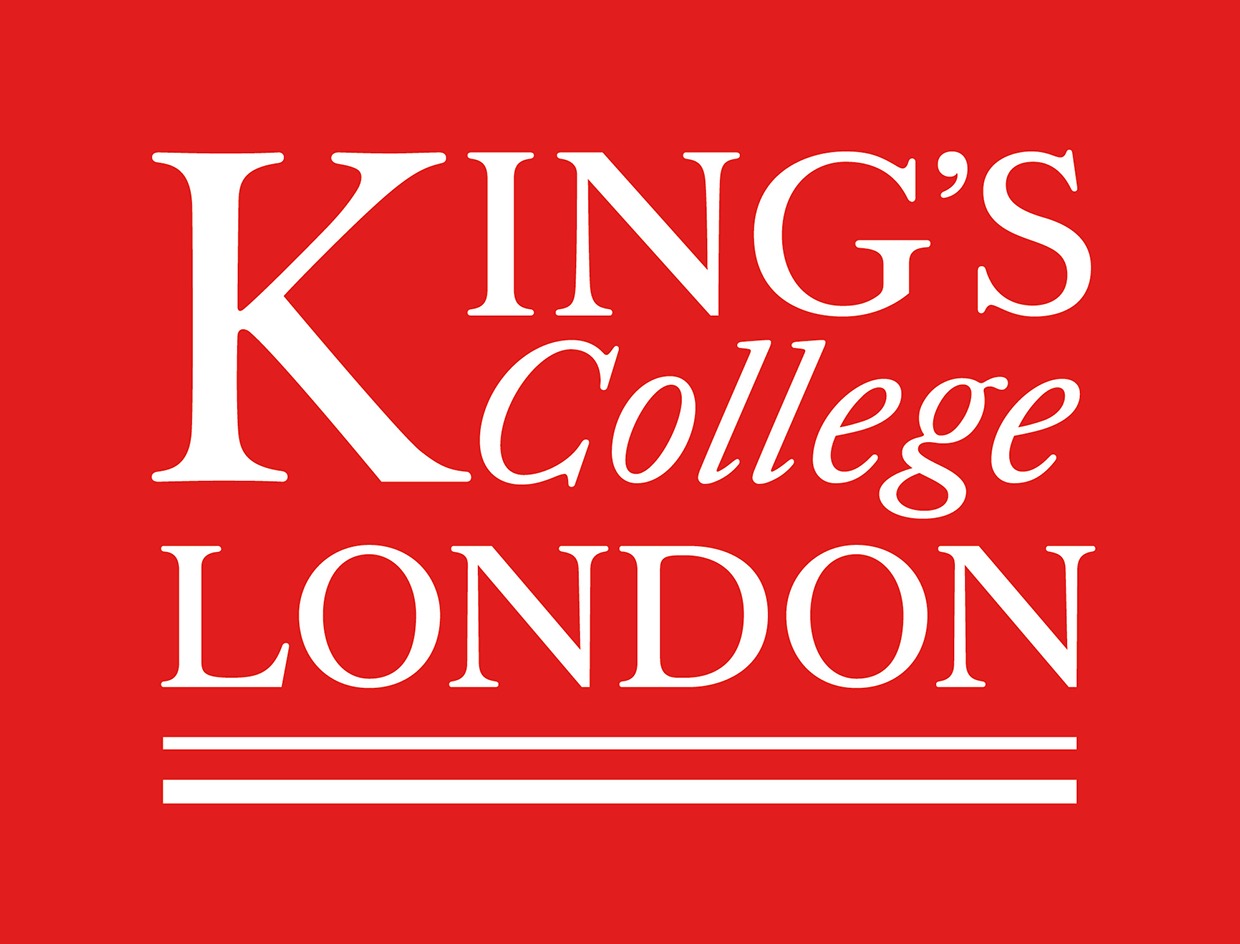‘Projecting Cavell: new contexts, new questions,’ co-edited by Kate Rennebohm and Catherine Wheatley. Spring 2022
Read here
Extract: Following the death of Stanley Cavell in 2018, there has been a renewed output of critical writing devoted to the philosopher’s engagements with film and moving-image media. Much of this work issues from the former students, mentees and colleagues of Cavell – including Andrew Klevan, Sandra Laugier, Toril Moi, Stephen Mulhall, David Rodowick and William Rothman – who have helped to set the terms for film and media studies’ understanding of his work. It also continues to explore those topics well associated with Cavell: his proposed Hollywood genres of the ‘remarriage comedies’ and ‘melodramas of unknown women’, cinematic ontology, modernist aesthetics, ethics, the significance of the ordinary, and film interpretation and criticism informed by the modes of ordinary language philosophy and autobiography. Indeed the persistence of these topics poses a central question for this dossier, that of why Cavell’s insights and approaches have not been taken up in a wider range of contexts, or brought to bear on farther-reaching issues for film and media studies. Does the fact that his thought has not often been considered in conjunction with the study of global and minor cinemas, media theory or screen studies, for example, speak to something internal to Cavell’s thought, or to the perception of his work by scholars of media and film
